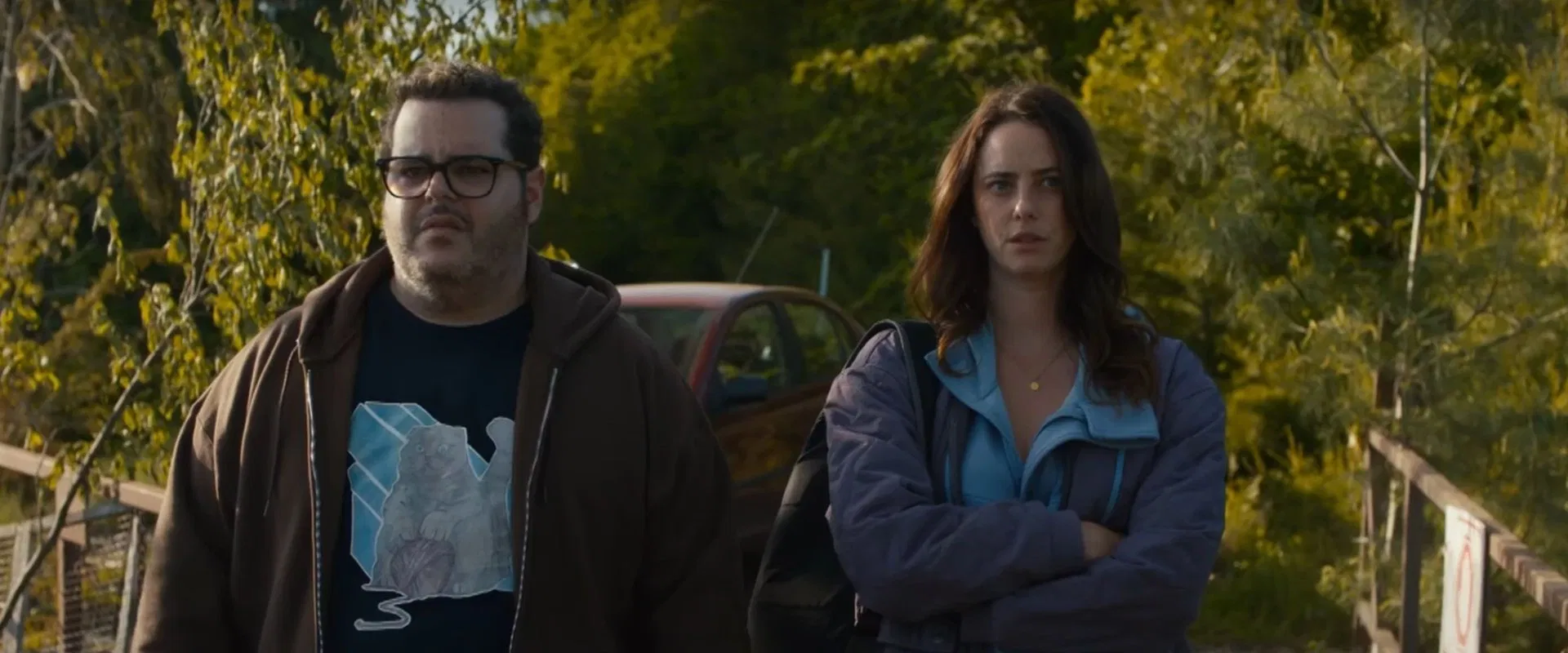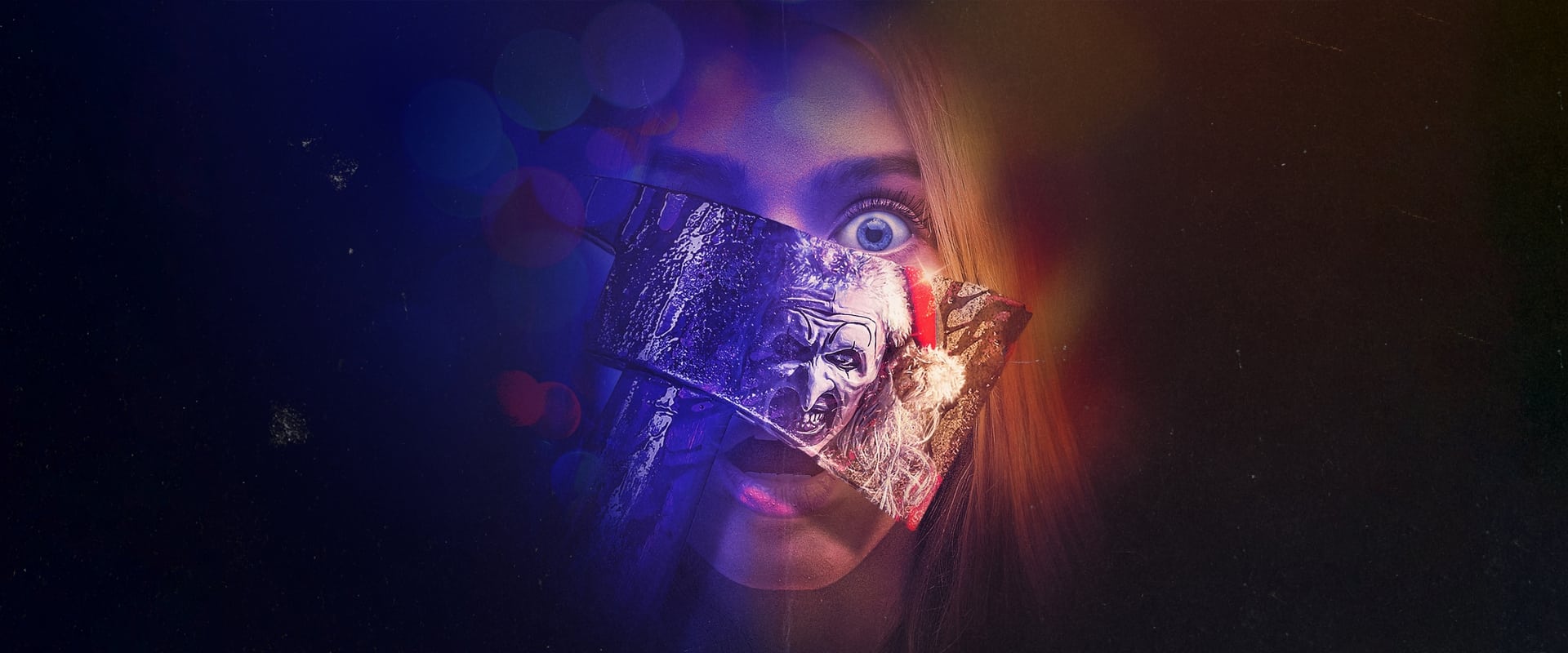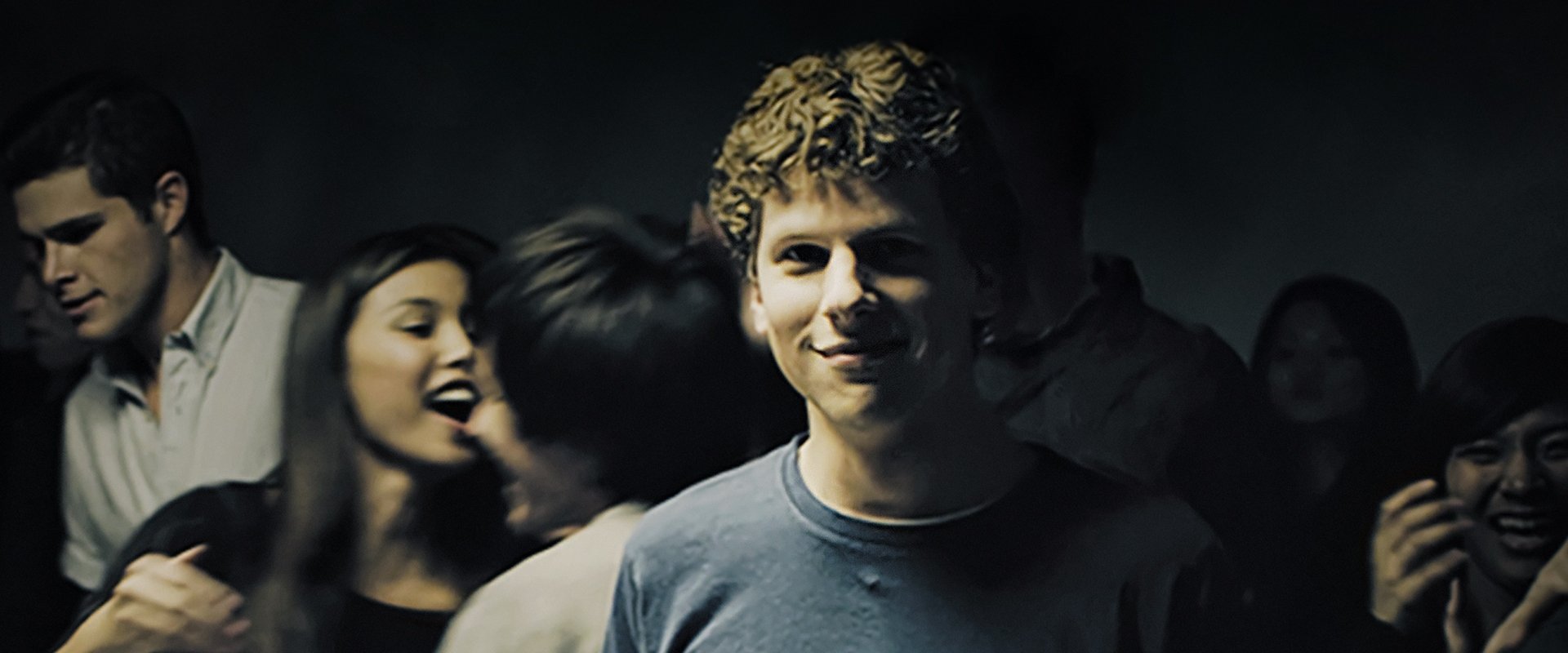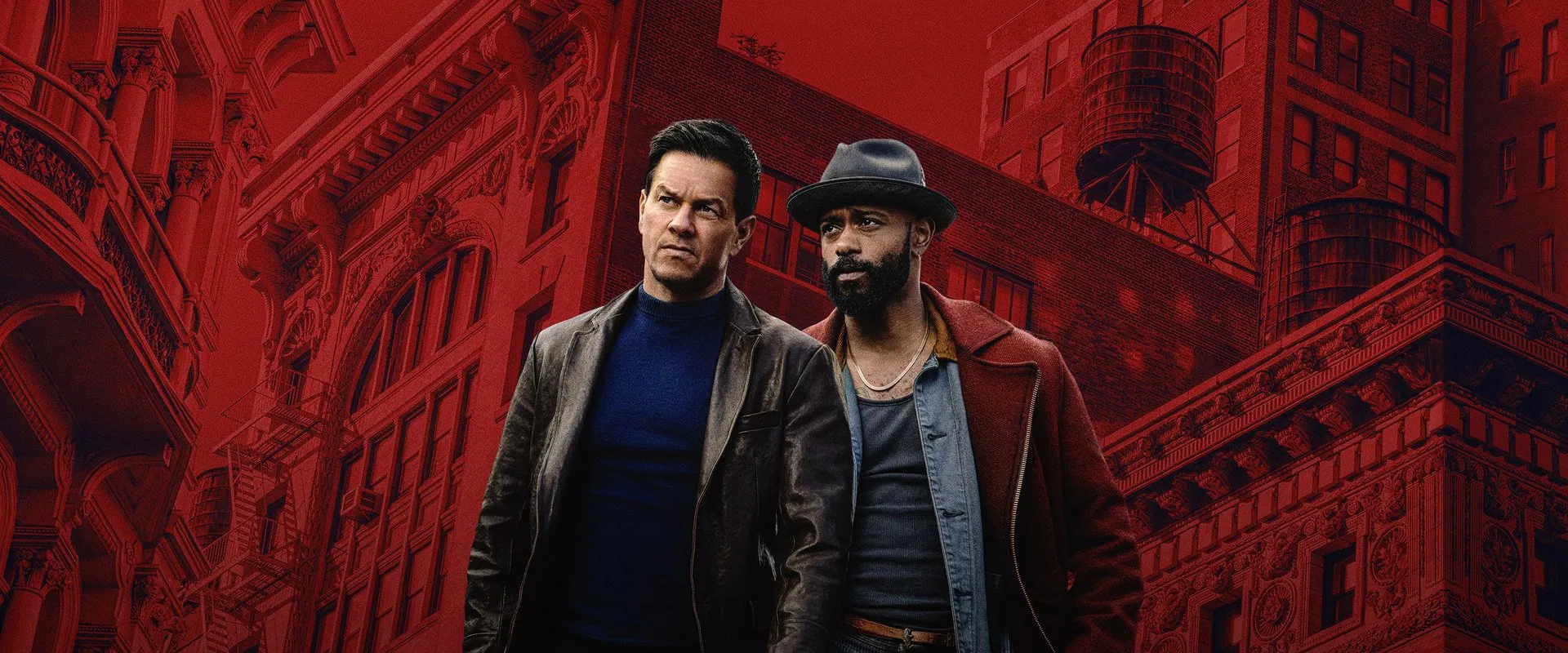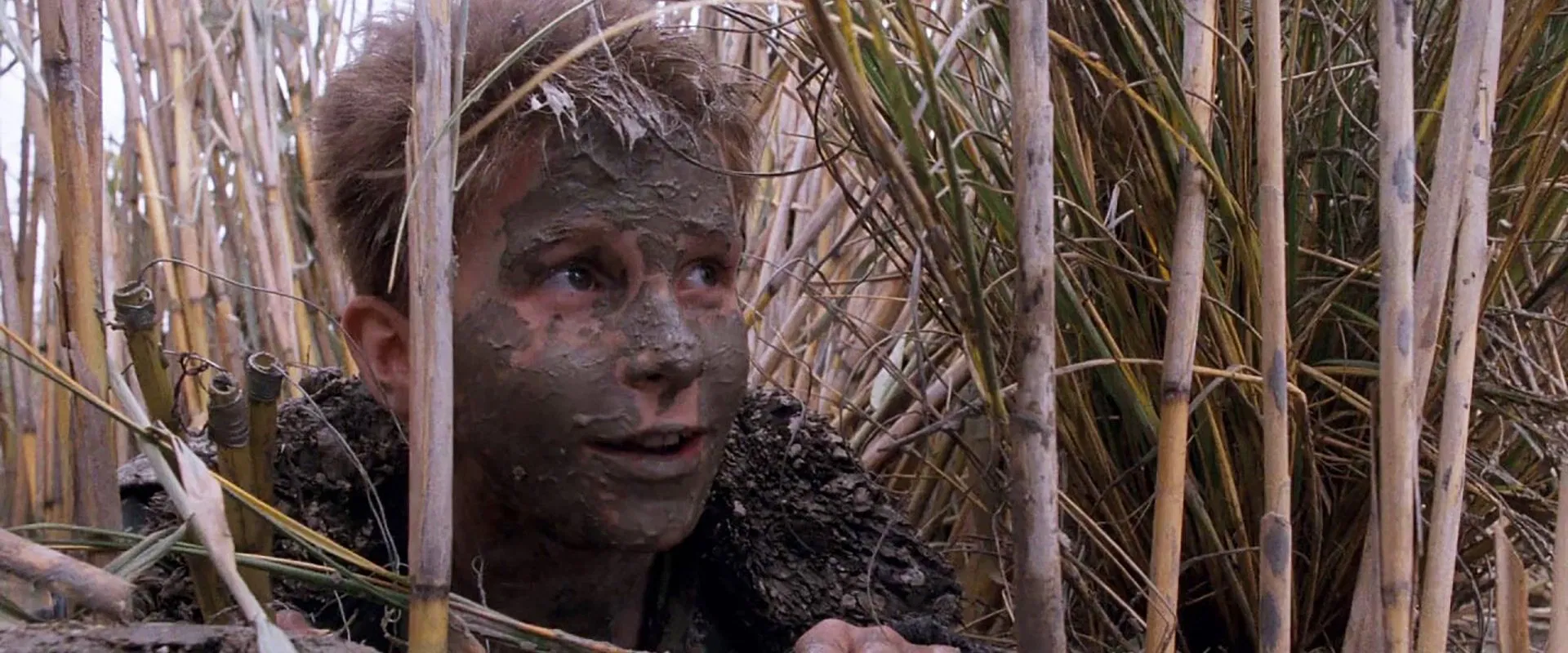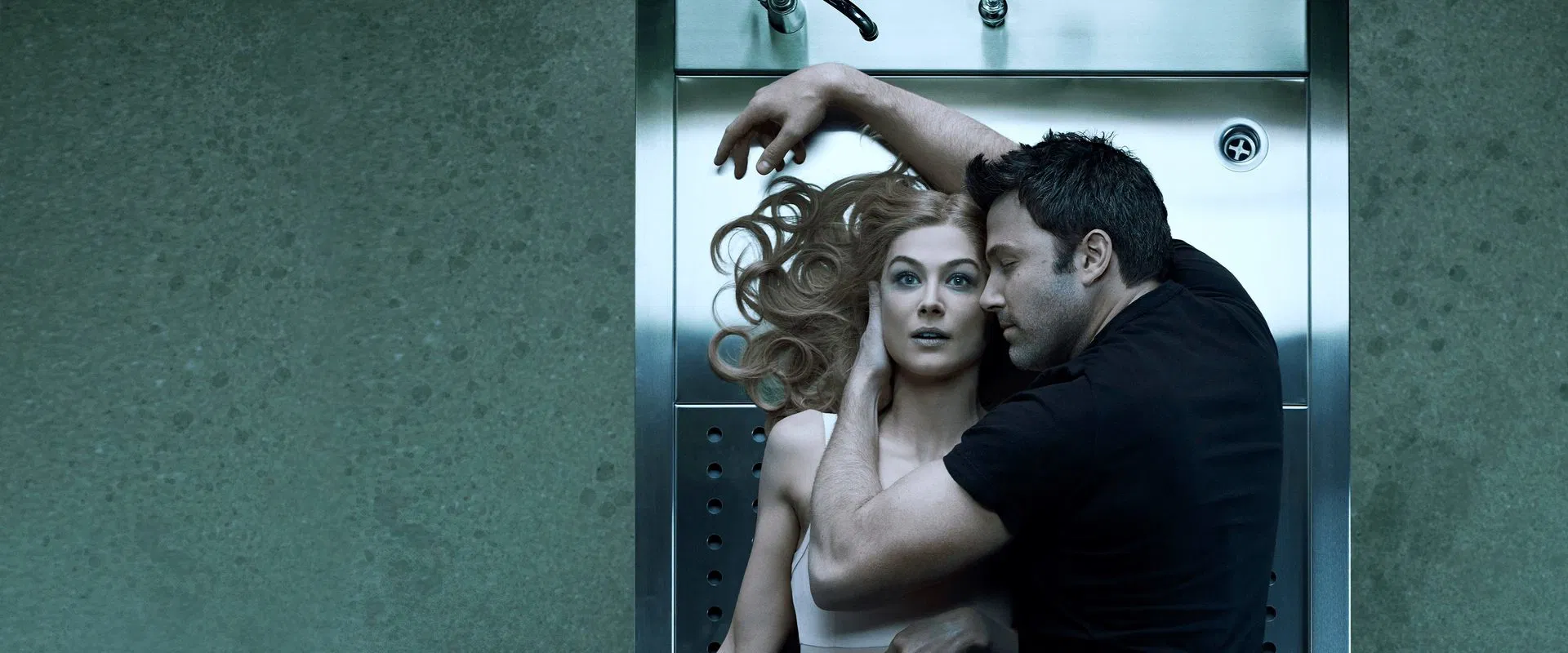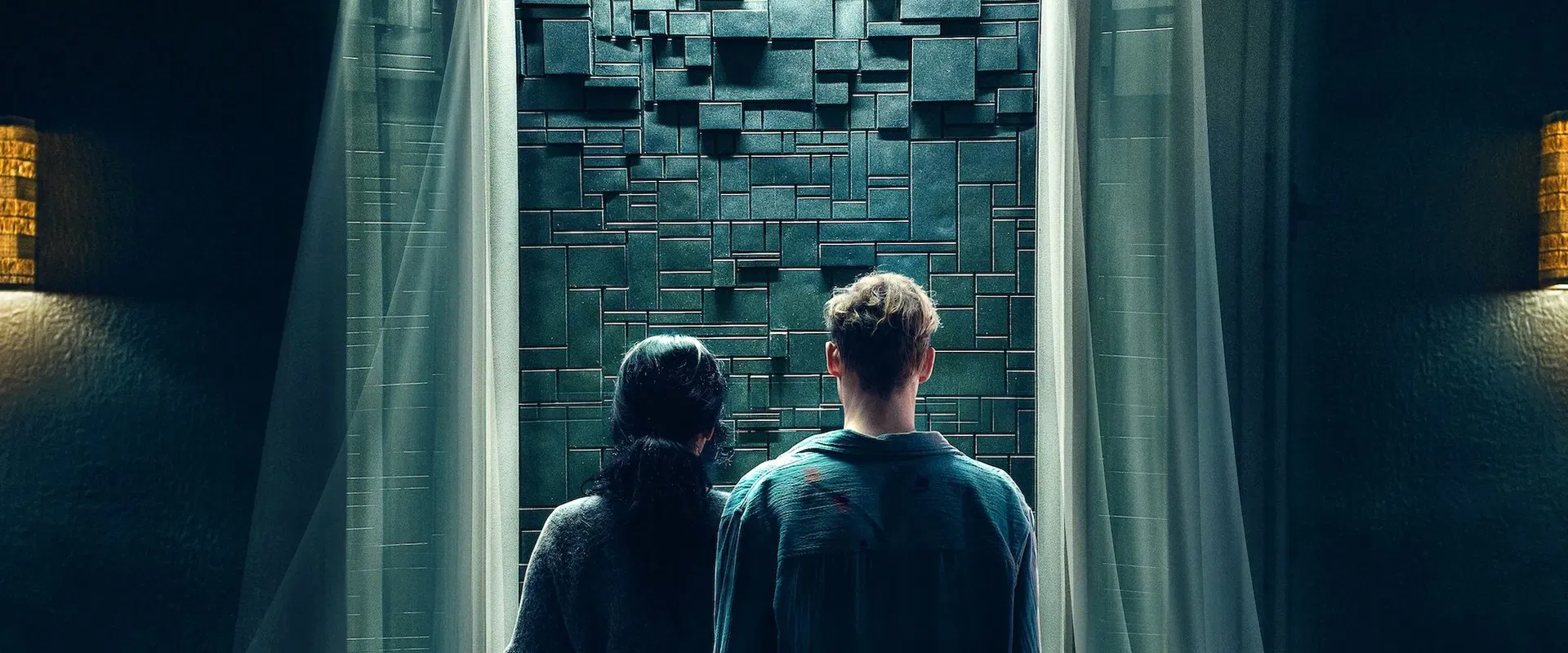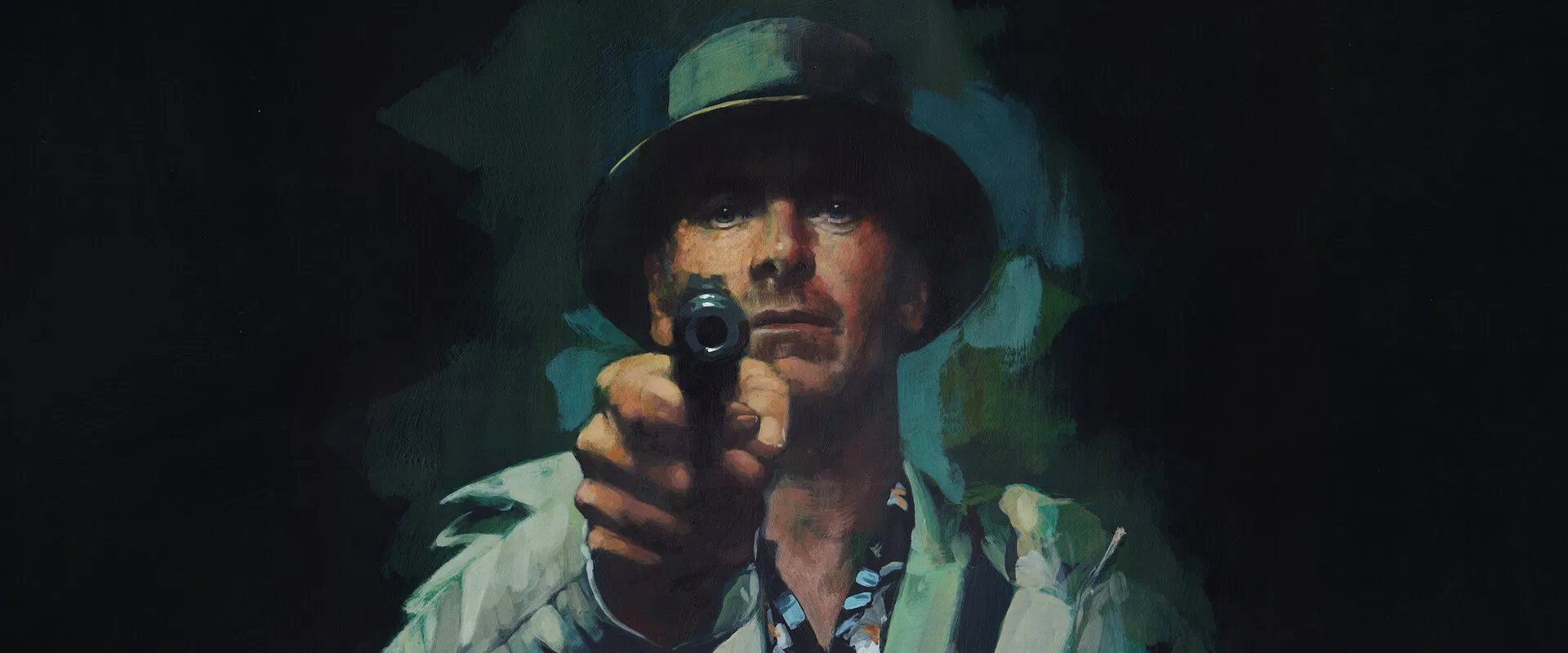There’s a moment in Steve Jobs, one of those dangerous little intervals between a volley of Sorkinian wit and the next bracing clash of egos when you realize: this is not, and never has been, about computers. It’s about the performance, jobs (no pun intended) as theater, invention as drama, genius as soliloquy. The curtain rises, the orchestra tunes, and our hero snappish, mercurial, blazingly single-minded, takes center stage, a maestro of microchips who can’t solder a wire but can bend the collective will of a room as if it were his own personal instrument. Aaron Sorkin has never met a conference room he couldn’t set aflame with words, but Danny Boyle, all kinetic energy and pulsing light, turns these corridors and backstage wings into a kind of nervy, flickering proscenium. Forget the dreary rest of the “biopic” genre; Steve Jobs isn’t here to teach you the story of Apple. It’s here to make you feel that strange, unholy exhilaration of watching the right mind crash mercilessly, ecstatically, against the world.
